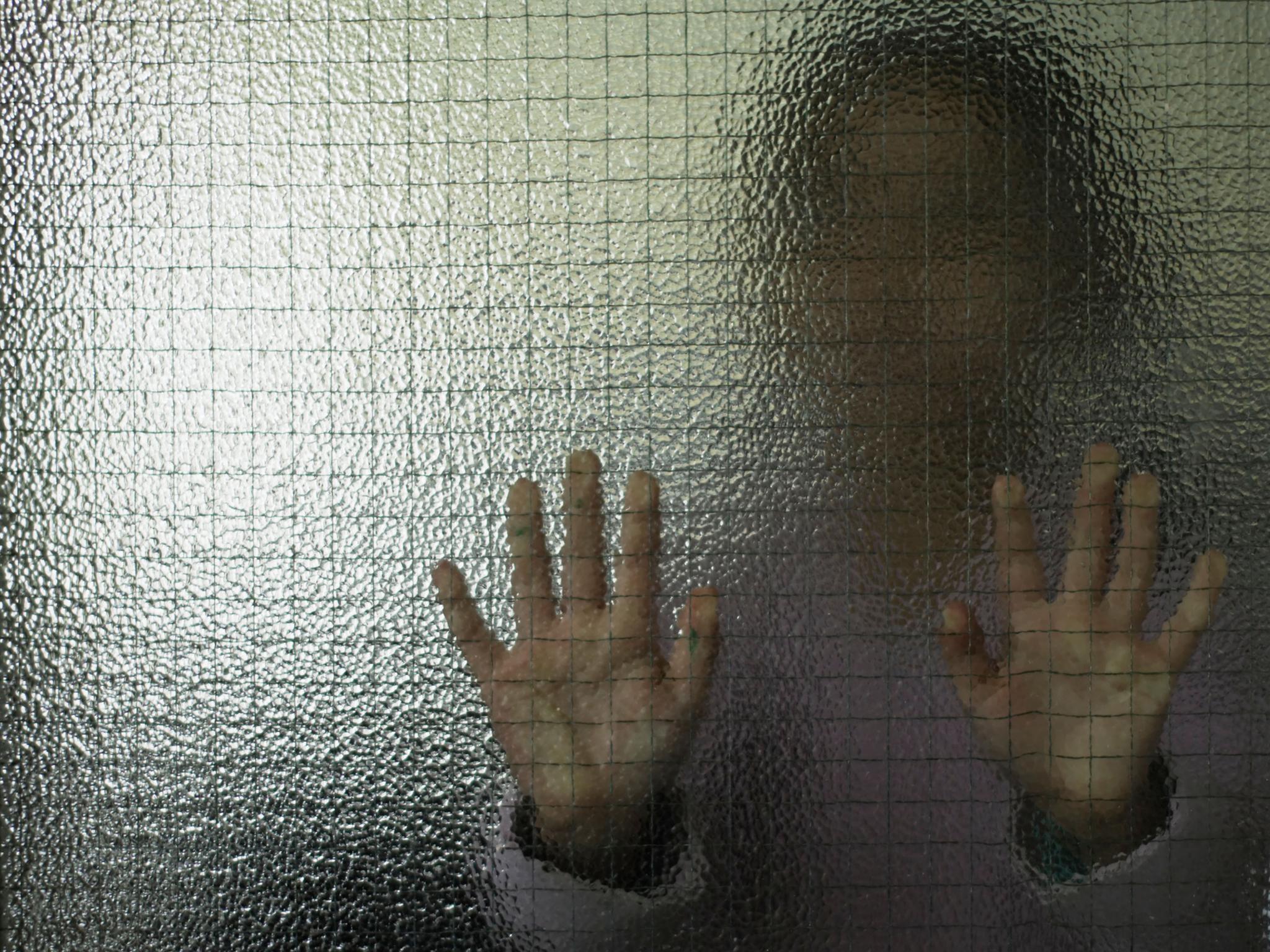I believed the stereotypes about domestic abuse - that's what made it so hard to realise I was a victim
I am a proud, outgoing and political woman, with a supportive family and wonderful friends. I didn't think that abuse was something that could happen to me

There are 7.6 million victims of abuse in the UK. I am one in those millions. But I fought for a year to deny that I was subject to emotional abuse.
When my partner fell out with my friends and blamed me, I concluded that he was just a difficult character. When he told me that I was emotionally unstable, and imagining him flirting with other women, I sought counselling in private. When I avoided certain conversational topics out of fear of him shouting at me until I had a panic attack, I would conclude that our relationship was uneasy and, at worst, different.
For a year, he taunted me, telling me repeatedly that I was ridiculous and over-sensitive. This tactic, known as 'gaslighting', is an emotionally manipulative form of abuse. My story is painful, but it isn’t unique. Victims are everywhere.
As much as we have a stereotype about abusers, we also carry a stereotype of victims. Whether we see victims in terms of social status, intellectual ability, gender or sexual orientation, it can be easier to reconcile victimhood when it is kept at a distance. I, like most others, wouldn’t consider myself a stereotypical victim of abuse. I am a proud, outgoing, political woman, with a supportive family, wonderful friends and a burgeoning career.
But abuse is intelligent, insidious; it doesn’t have a type. The fear in the notion of abuse is that it can happen to absolutely anyone, and the perpetrators are everywhere.
What keeps an abuser abusive is their need to control, and their insatiable thirst for power. When I found that I couldn’t offer the man that I loved what he needed, I didn’t see him as abusive. I saw myself entering a category into of people that not only frightened me, but which I resented. I was ashamed of my internal derision towards victims. Couldn’t they get out? Couldn’t they help themselves? How could I identify with that stereotype in my head of a meek girly girl who had spent years at the helm of some patriarchal breadwinner?
Just as I had to debunk the stereotypes, I would urge you to do the same. Any person can be abused. We associate violence with those from lower-income families because these are the people more likely to need a shelter’s support. According to Shelter, domestic abuse is the single most quoted reason for women being homeless. Just as there is no evidence that there is a typical victim of abuse – we look at statistics and fail to rationalise that the people accessing domestic violence shelters are those who are in visible need -- there is evidence that abuse has been tolerated in our society for far too long.
It is a silent killer, the lingering pause after that sentence, that squeeze of the hand, the breath as you open your mouth to try and say: "Yes, it happened to me too."
I may be fragile goods, but I have survived. I will not be joining the 150 women who died at the hands of their partner last year. It wasn’t my job title that saved me, and it certainly wasn’t my mind. It was nothing more important, nothing more insignificant, than luck.
My friends got to me at the right place, at the right time, and I was somehow able to listen. Not everyone is that lucky under the sporadic, restless nature of attack. A victim may walk away with scars, and they may walk away with their life – or they may not. When we are faced with the cold, hard facts, there isn’t any point in pigeonholing or finger-pointing.




Join our commenting forum
Join thought-provoking conversations, follow other Independent readers and see their replies